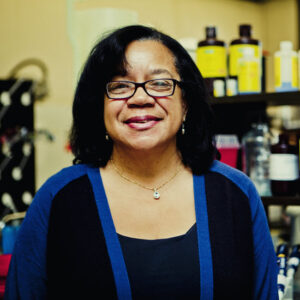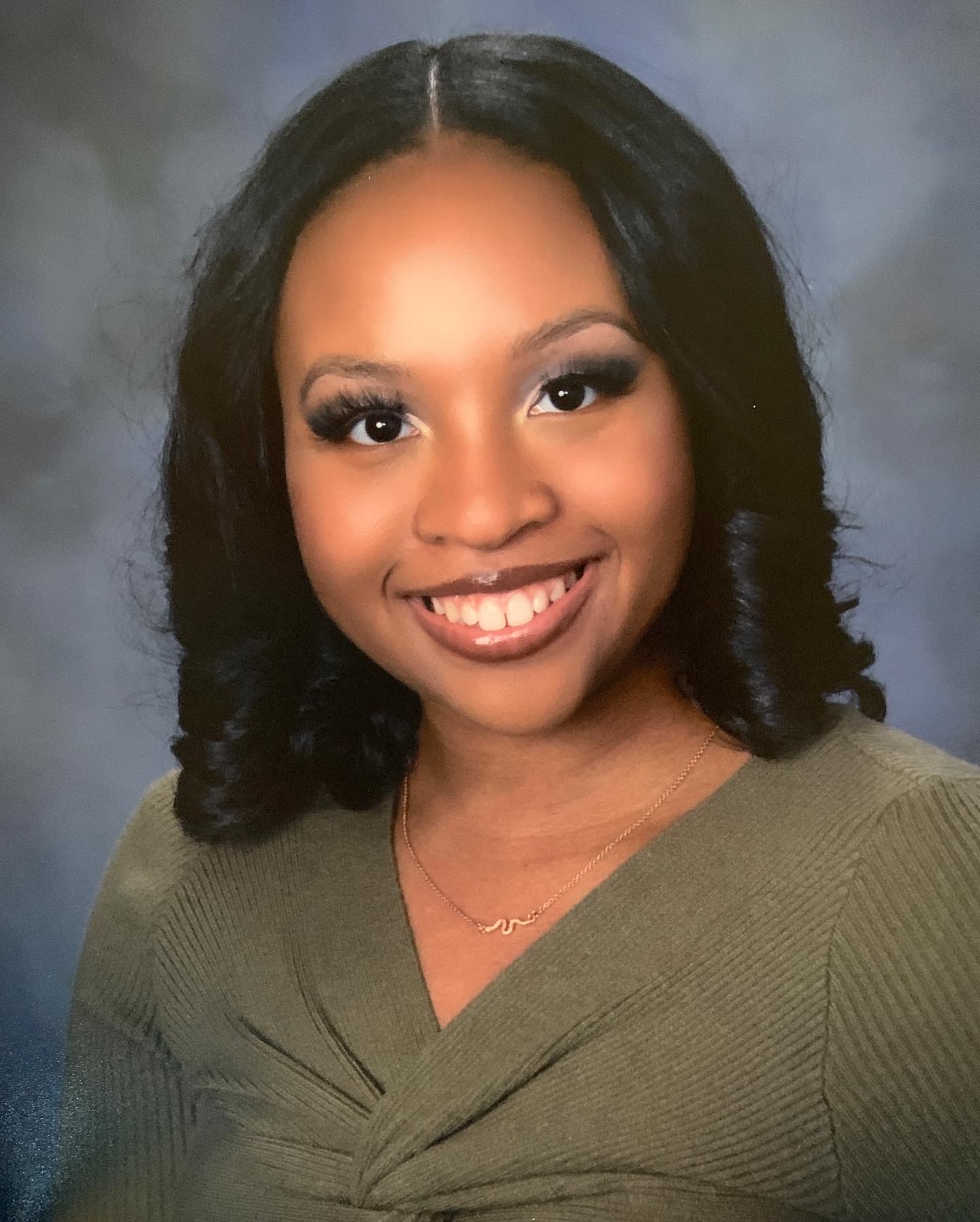Over almost two decades, The City College of New York (CCNY) and Memorial Sloan Kettering (MSK) Partnership for Cancer Research has served as a research and training opportunity for students who are interested in traditional Science, Technology, Engineering and Mathematics (STEM) fields. Thanks to the mentorship, research training activities, scientific collaborations, students are fulfilling the program’s goal to create the next generation of medical professionals, investigators and researchers and reduce cancer health disparities.

Photo courtesy of TREND
On inception, the partnership was funded through a small grant from the National Institutes of Health (NIH). Dr. Karen Hubbard, the CCNY Principal Investigator of the CCNY-MSK Partnership program with both a Ph.D. and B.A. in biology, has been involved with MSK since 2002. She oversees the program, which is divided into three arms: research, training and community outreach.
The CCNY-MSK program trains students at many levels. Students from The High School for Math, Science and Engineering at CCNY are granted the opportunity to do summer research immersion at MSK, which exposes them to cancer research. Undergraduates at City College participate in different tracks or research training. “Most of the training done is about 80% at Sloan Kettering, though some of our students are at City College doing research in the summer,” Dr. Hubbard said.
The graduate portion of the program focuses on training students in disparities and is largely involved with doctoral students in the Clinical Psychology program at CCNY. “We’ve been adding new components every year,” she said.
Typically, students are placed in projects during the summer where they go to labs and conduct research. However, during the remainder of the academic year, students are required to participate in career development programs. Students are provided resources and skills to assist them with this.
We have a year-long training program in addition to the summer, in which we provide them additional skill sets like time management and how to give a presentation.
The CCNY-MSK Partnership also provides funds for participating students to attend conferences that are geared towards undergraduates in STEM. “We pay for them to go to additional meetings that are related specifically to their research areas,” Dr. Hubbard said.
Collaborating with other programs on campus is one way the partnership has pushed for diversity. For instance, the Maximizing Access to Research Careers (MARC) program, which is also focused on minorities in STEM, has worked with CCNY-MSK in the past. Other collaborations include the mentorship with the CUNY School of Medicine and working with the Master’s in Translational Medicine (MTM) Program to make students more aware of cancer health disparities. Currently, the partnership is collaborating with the Language Department at CCNY to create certificates for Medical Translation with the community outreach arm.
We want to give our students, many of which are bilingual anyway, an opportunity to get involved in the community and help people in their neighborhoods.
Preparing minority students to obtain research positions and to participate in clinical trials is one of the ways in which the program addresses cancer health disparities by training people to reduce them.
Among other programs and partnerships at CCNY, the MSK Partnership is unique in that it focuses on medicine and it’s more than getting students excited about science. There is a focus on health and disease disparities, not just basic research.
What distinguishes us from the other federally funded programs is that we are interested in increasing the pipeline for diversity in all aspects of biomedical research.

M’Niyah is a journalism major and psychology minor at CUNY Baruch College. In addition to writing for The RICC, she’s Managing Editor and contributor for Baruch’s award-winning Dollars & Sense Magazine. She writes for Baruch’s independent, student-run newspaper, The Ticker and has bylines in Daily Planet, a nonprofit news organization.